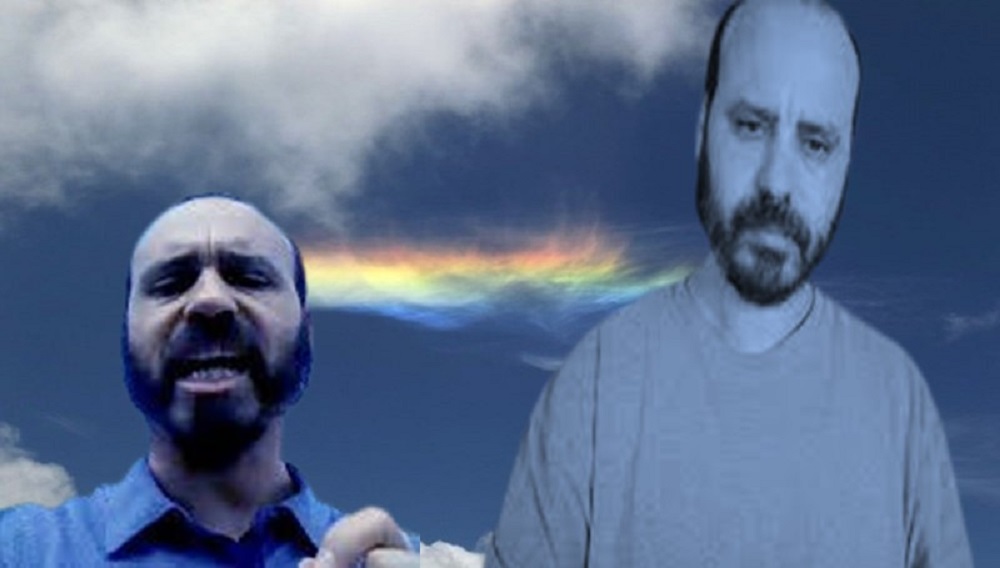Controversial Death of Moroccan Activist Saeed Benjebli Sparks Debate
From Arab Spring icon to exiled atheist, Benjebli's suicide and cremation request reignite discussions on mental health, religion, and societal values.

Watan-The news of the death of Moroccan activist Saeed Benjebli has caused a major shock in Moroccan and Arab circles, especially after the revelation of disturbing details about his will before his suicide in Boston, which included his wish to have his body cremated after death, citing his inability to afford burial costs.
Benjebli, born in 1979, was one of the most prominent figures of the February 20 Movement in Morocco during the Arab Spring in 2011. He was known for his revolutionary rhetoric but later stirred significant controversy due to his extreme views on religion. He publicly declared his atheism and even went as far as claiming prophethood, drawing harsh criticism from various segments of Moroccan society.
Benjebli later emigrated to the United States, settling in the state of Massachusetts, where his health began to deteriorate. Sources close to him confirmed that he suffered from a serious mental health condition known as bipolar disorder, which causes severe mood swings between depressive and manic episodes.
🔴الناشط المغربي سعيد بنجبلي ينهي حياته بعد أزمة صحية في أعقاب حياة مليئة بالجدل لا سيما إلحاده وادعاءه النبوة..
إليك تفاصيل الواقعة وسبب وصيته بإحراق جثته👇 pic.twitter.com/0lXH5QFXsE
— وطن. يغرد خارج السرب (@watanserb_news) April 4, 2025
Cremation Request Fuels Debate Over Faith, Mental Health, and Identity
Before his suicide, Saeed posted a lengthy message on his social media accounts, expressing a deep sense of helplessness and meaninglessness in life, stating that “death has become the only option.” In his message, he requested that his body be cremated, as he had not left behind enough money for his family to cover funeral expenses or the cost of repatriating his body to Morocco.
What added to the controversy was that some Moroccan activists questioned the legal and ethical implications of cremation, particularly since Benjebli had previously been known for mocking Islam and expressing doubt about the Qur’an. His death has thus sparked a sharp divide—between those who view it as the tragic result of mental illness, and those who see it as a dangerous outcome of abandoning religion and societal values.
As the debate over his controversial will continues, the conversation is being reignited about the growing phenomenon of atheism and the psychological struggles many face in silence, amid a lack of effective mental health support systems, both in Morocco and abroad.

